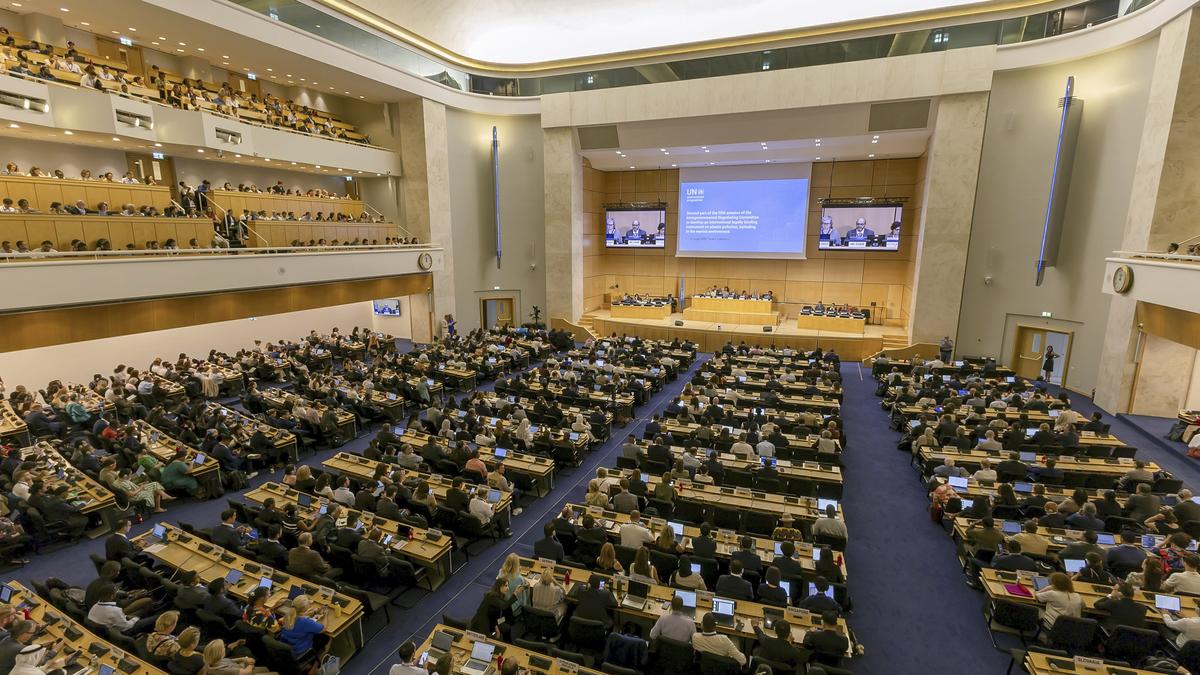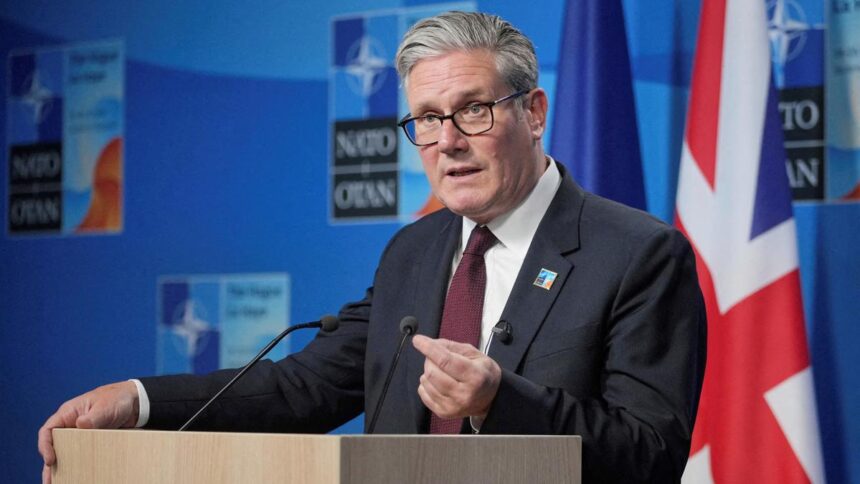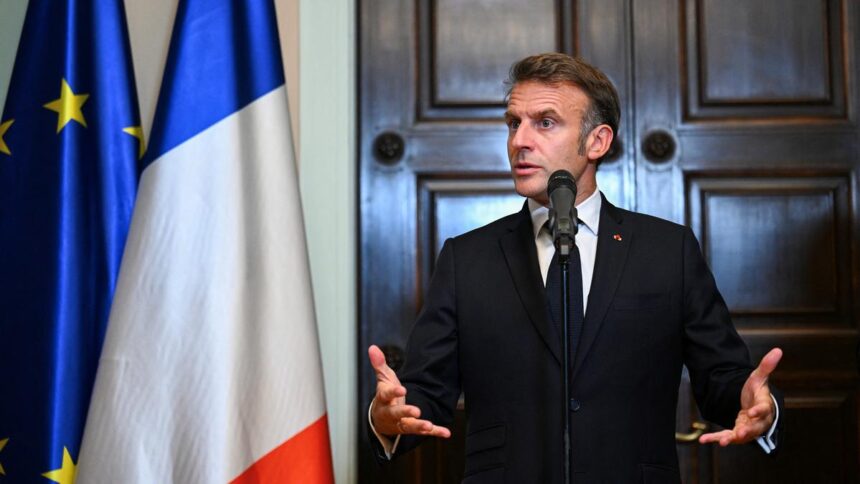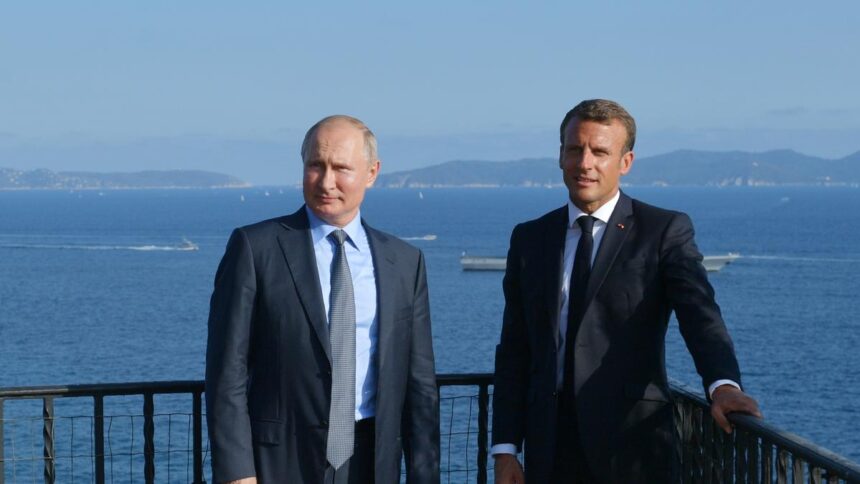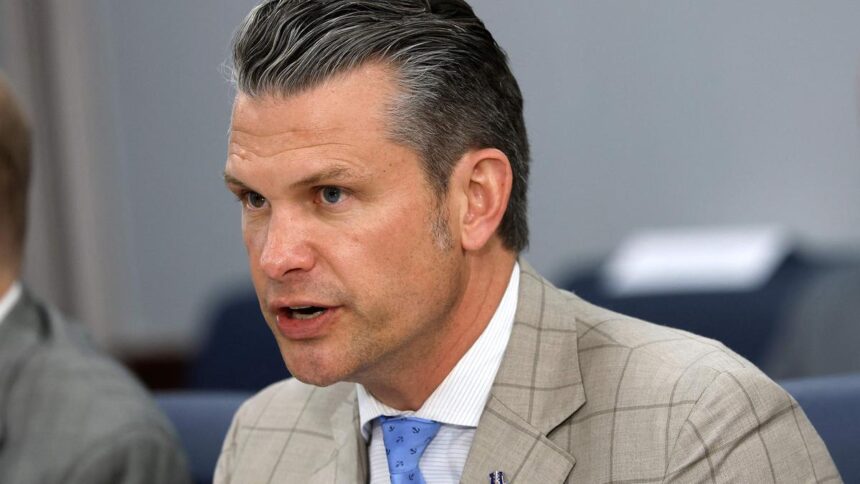The deadlock between two blocs of countries on the best way to contain plastic pollution mirrors a shift in the global plastic and polymer-manufacturing industry, which in recent years has moved out of Europe and drifted towards South and Southeast Asia.
Since 2022, the United Nations Environment Programme (UNEP) has been spearheading efforts to get countries to evolve, by consensus, a legally binding treaty that commits them to address plastic pollution on land as well as in oceans.
However, two broad coalitions have evolved over four sessions of the Intergovernmental Negotiating Committee (INC) – the ‘High Ambition Coalition’ (HAC) chaired by Norway and Rwanda, consisting of nearly 80 countries, as well as members of the European Union (EU), and the ‘Like Minded Countries’ (LMC), which includes Iran, Saudi Arabia, Kuwait, Bahrain, China and Cuba. While the latter isn’t a formal coalition like the HAC, it is a much smaller group of countries whose interests are aligned because they are all major petrochemical states. India on Saturday (August 9, 2025) had expressed solidarity with the LMC. Under the current rules of negotiation, countries cannot pass a proposal by a majority vote, and near-unanimous agreement is required.
The fundamental rift between the two is that the HAC says plastic pollution cannot be contained without imposing cuts – or capping – production of plastic and its constituent, polymer. The LMC says plastic pollution can be addressed through waste management and imposing production cuts would only cause disruptions in trade, rather than a meaningful reduction in plastic production and use.
An analysis in July by the Institute for Energy Economics and Financial Analysis (IEEFA) tracking the flows of the main chemical constituents of plastic – ethylene, propylene, styrene and their derivatives polypropene, low-density polyethylene, linear low-density polyethylene, high-density polyethylene and polyethylene terephthalate – showed that Asia dominated the global trade in primary plastic polymers, with 11 exporting and 18 importing countries.
In North America, the United States was the largest exporter of these primary plastic polymers, while several European countries served as both importers and exporters. Trade volumes in Africa and South America were negligible. This year, incidentally, the United States, which is part of neither coalition but had always pitched for a “strong treaty”, said that it would not support any proposals aimed at production cuts.
Polymers of ethylene are the single largest contributor to plastic packaging and single-use plastics. The United States is a global leader in ethylene polymer exports, with China, Mexico, Canada and Vietnam being top recipients of these polymers. Saudi Arabia is the next largest exporter, with significant flows to China, India and Egypt. Both the United States (with natural gas) and Saudi Arabia (with oil) are rich in fossil fuels, positioning them as leading producers and exporters of ethylene. Their strategic locations, with access to major global shipping routes, further strengthen their roles in international trade, says the report authored by Swathi Seshadri, petrochemical specialist, and Abhishek Sinha, energy finance analyst at the IEEFA.
In Europe, Belgium and Germany are major exporters and importers, highlighting their central roles in European and global trade. South Korea and Saudi Arabia export mainly to China, India, and other Asian markets.
Polystyrene trade shows similar sub-regional dynamics: Taiwan exports mainly to China and Vietnam, while Belgium exports significant volumes to Germany, France, Poland, and Italy. The United States, also active in both exporting and importing polymers of styrene, primarily exports to Mexico and Canada. “Petrostates lead trade in polymers and 10 countries form the top five exporters of monomers and 20 countries comprise the top five exporters of polymers,” the report added.
India’s support for the LMC echoes in a submission made by the All India Plastic Manufacturers Association, an industry lobby, to the Chair of the INC 5.2, Ambassador Luis Vayas Valdivieso on August 5. “We believe that any cap on the production of primary polymers will do more harm than good as its growing needs in a multitude of areas cannot be met with other materials in the quantities needed,” says their submission. “We ask that the INC focus on helping countries increase their waste management capabilities… and build programmes for behavioural change to eradicate littering.”
Independent observers said that the business case for petroleum and polymer refining in major economies was “weak”. “Look at China, for instance. Its petrochemical refining is working at 50% capacity. Several major refiners the world over are seeing that margins and demands for polymer products are declining,” said David Azoulay, managing attorney, Center for International Environmental Law, at a seminar on Monday (August 11, 2025).
Published – August 11, 2025 11:14 pm IST







